LONGEVITY FOR ALL
OUR MISSION AND VISION
OUR TEAM
Trusted by Leading Hospital Groups

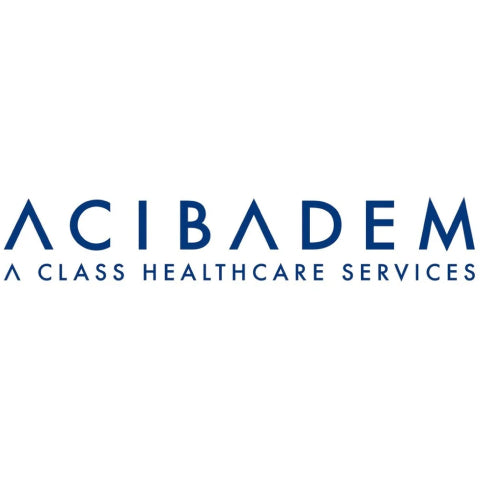


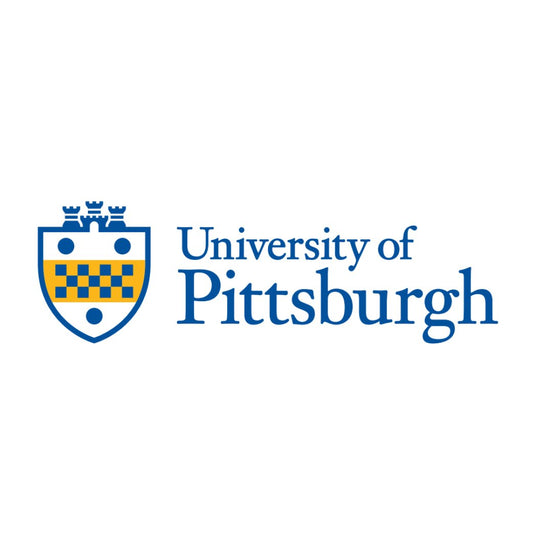

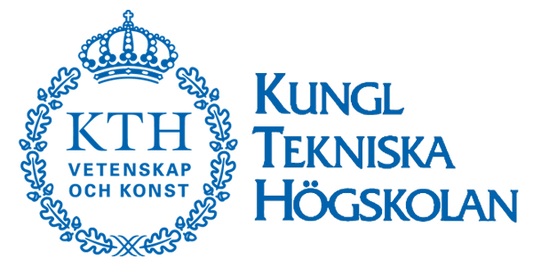
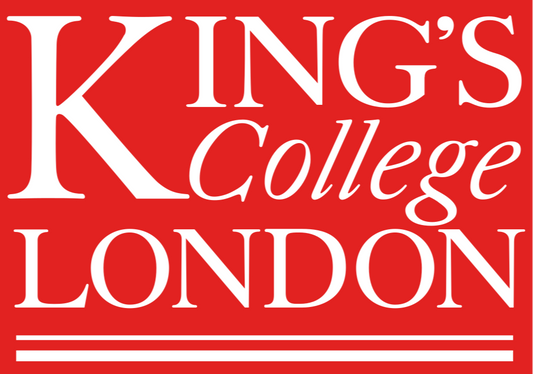

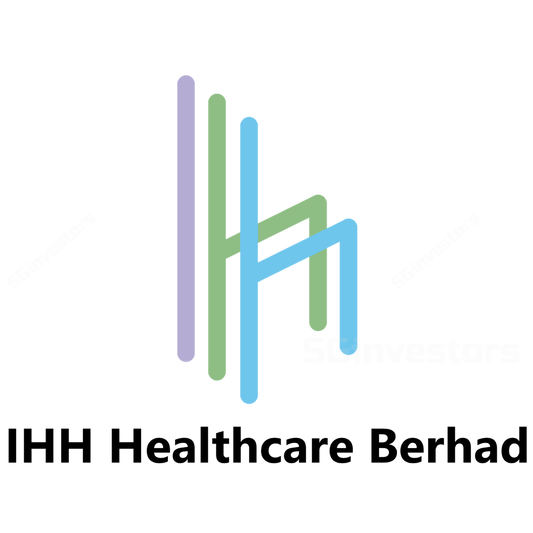
























































ISO 17025 Accredited Laboratory
All testing is performed in laboratories that meet the ISO 15189 standards, ensuring clinical accuracy and global quality benchmarks.
Sample-Level Tracking
Each sample is individually tracked and managed, providing full transparency and traceability throughout the workflow.
Trusted Consumables
We use only premium-grade consumables from Qiagen, Illumina, Eppendorf, and other validated providers to ensure consistent results.
Advanced Bioinformatics
All data is processed using the DRAGEN Bio-IT Platform (v3.9) for high-speed, high-accuracy variant calling and analysis.
ISO 17025 Accredited Laboratory
All testing is performed in laboratories that meet the ISO 15189 standards, ensuring clinical accuracy and global quality benchmarks.
Sample-Level Tracking
Each sample is individually tracked and managed, providing full transparency and traceability throughout the workflow.

Trusted Consumables
We use only premium-grade consumables from Qiagen, Illumina, Eppendorf, and other validated providers to ensure consistent results.
Advanced Bioinformatics
All data is processed using the DRAGEN Bio-IT Platform (v3.9) for high-speed, high-accuracy variant calling and analysis.








